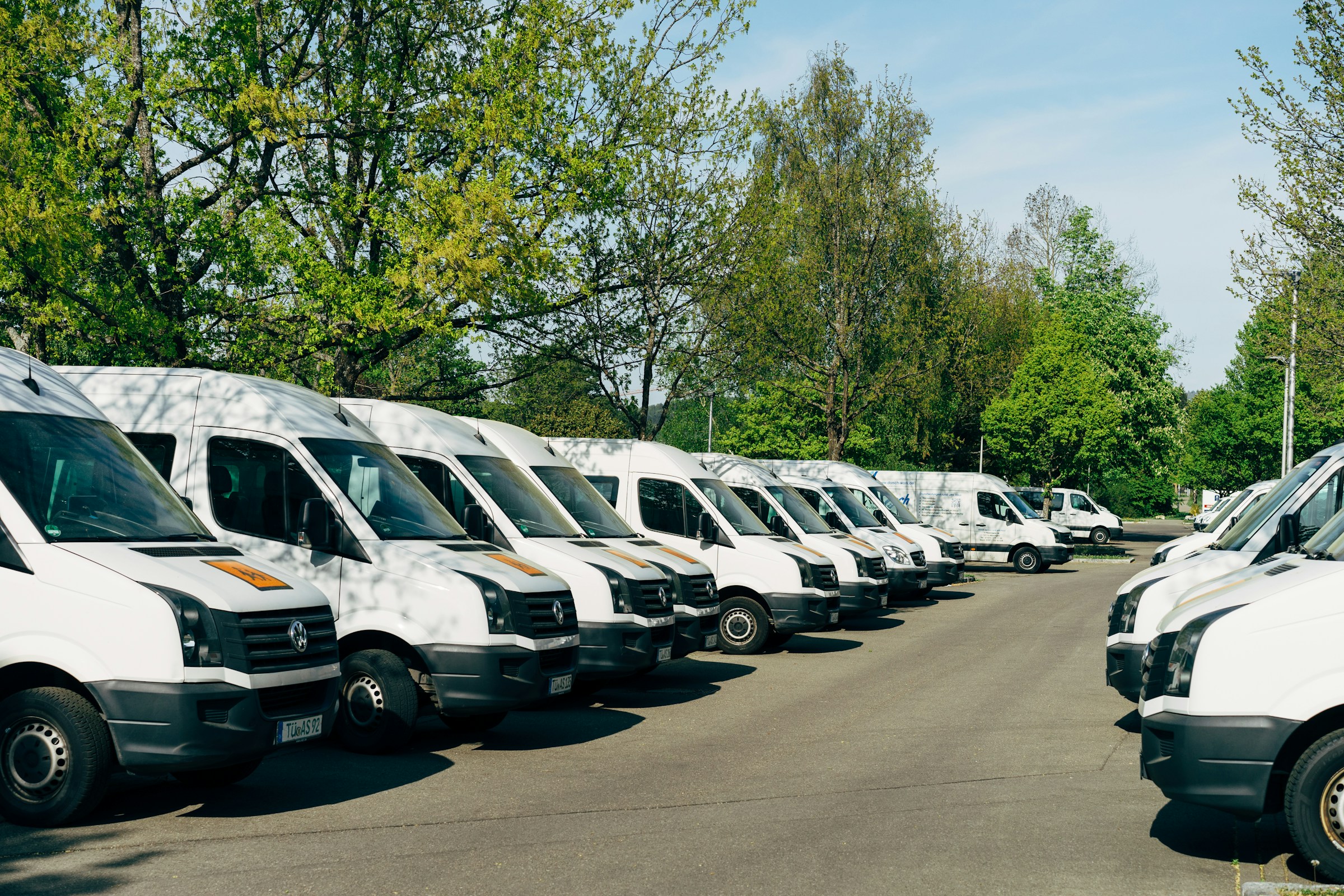Fleet managers often book vehicles incorrectly, which can cause significant company problems. Double reservations, last-minute cancelations, underutilized assets, and unhappy drivers show a system that hasn’t kept up with teams. A poor reservation system can degrade service levels, increase costs, and lead to conflicts between departments that require cars, whether for technicians, salespeople, or personnel from a common pool across multiple sites.

Consider the reservation system a strategic process, not just a calendar, for motor pool efficiency improvement. Shared files and web forms aren’t enough. Fleet operators require clear laws, precise data, and effective tools to balance demand, vehicle availability, and maintenance in real time. The right scheduling procedure helps organize fleet use, simplify operations, and give management the data it needs to plan investments and capacity.
- Finding the Current System’s Slow Spots
Know where the process is failing before making improvements. Uncertain policies, inability to anticipate future bookings, and manual approvals by a single gatekeeper are common issues. If they have historical data, operators should look for patterns, such as frequent conflicts, absences, and peak times when the fleet is consistently busy. This stage separates capacity challenges from those that simplify vehicle requests, acceptance, and returns.
- One Platform for All Reservations
A central digital reservation tool simplifies things and reduces simultaneous bookings. Instead of relying on emails, calls, and spreadsheets, users can utilize a single system to track car availability in real time. The application should allow employees to search by date, time, location, and vehicle type. They should view all booking terms and limits in one spot. Centralization helps operators follow rules, monitor usage, and swiftly adjust rules or limits when demand changes across sites or departments.
- Data and Automation Link Vehicles to Adventures
Data and technology improve reservation systems. Rules automatically select the best car based on route length, passenger capacity, equipment, and emissions. Service calls and legal responsibilities receive priority handling. Keyless access or telematics can ensure on-time car pickup and drop-off, and automatic reminders decrease late returns and no-shows. This mix of data and technology makes trips easier without manual labour.

- Clarifying Policies and Communicating Better
Users who are not trained will not be able to maximize the benefits of even the best technologies. Communicate and obey planning, cancellation, and refueling/charging rules. Seminars, concise recommendations, and reminders promote good habits. Cancel reservations when trips are cancelled. Workers collaborate more and criticize the system less when they understand why laws exist, such as ensuring that high-priority teams always have access to vehicles.
Polls and heavy user check-ins help detect confusing or unduly strict policies. Managers collaborate by altering rules or systems based on worker feedback. Over time, shared ownership builds reservation system trust and fleet responsibility.
Monitoring Results and Making Changes
Bettering a car reservation system requires multiple projects. After implementing the new tools and processes, staff should monitor disputes, on-time returns, and user satisfaction. Feedback from regular users and delivery teams helps uncover unexpected difficulties or side effects of new policies. Fleet managers can use this information to reduce reservations, adjust vehicle mixes, or add groups for specific journeys. The reservation system evolves from a planning tool to a mechanism for improvement. This enables the fleet to adapt to changing business needs and conditions.
Article Last Updated: November 17, 2025.
